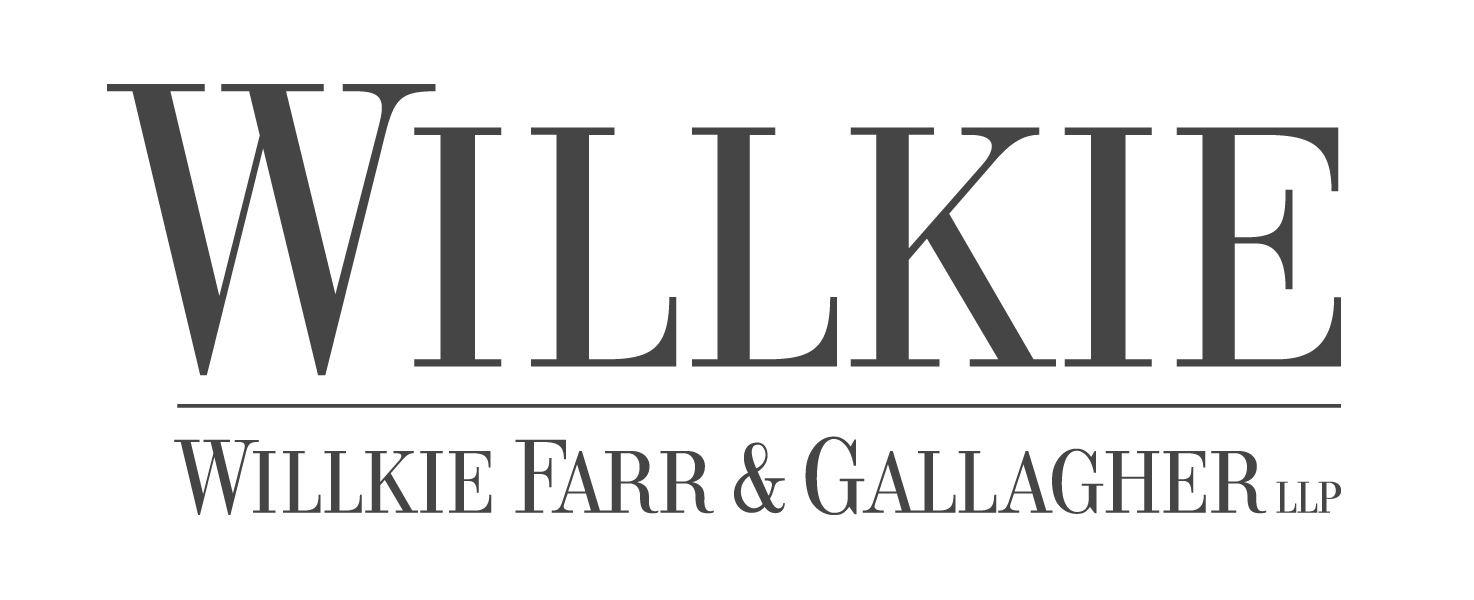In September 2021, Mayor Bowser launched the CARE pilot program, an approach to tent encampments that paired many residents with housing while also displacing individuals at many large encampments. Miriam’s Kitchen has been proud to be part of targeted efforts to connect some of our most vulnerable neighbors to housing by supporting the portion of the CARE Pilot program that expedited the housing process for some residents. Because we believe the same urgency must be applied to all unhoused residents not just those in politically troublesome encampments, we continue to express our concern with certain aspects of DC’s approach towards encampments – namely the increased displacement and criminalization of encampment residents.
Though our advocacy was not successful in legislating a temporary stop to the harmful elements of this program, Mayor Bowser appears to have moved away from large, public closures to smaller encampment evictions through the establishment of “pedestrian-only zones,” a sanitized term for “no camping zones”. This year, DC has cleared over a dozen encampments. During June alone, Mayor Bowser created at least three “pedestrian-only zones” with at least two more scheduled for the immediate future. While these evictions and subsequent closures are not headline news like those that took place in NoMa (where a resident was bulldozed); or at New Jersey and O Streets last fall, they result in the same trauma, displacement, service disruption, and increased criminalization of survival. There may be rare instances where harm reduction approaches (such as restroom and hand-washing stations, fire prevention, and bulk trash pick-ups) may not be sufficient. However, the current status quo of closures and displacement is neither humane nor effective.
The Miriam’s Kitchen (MK) street outreach team covers the largest geographic area out of the three outreach teams in DC. Additionally, this team works to build relationships with people living outside while connecting them to housing and other services. These dedicated front-line workers continually tell us the focus on encampment removal makes their already difficult job even harder. We must listen to them. Below are a few quick facts that support this claim.
- DC’s continued focus on removing encampments harms our unhoused neighbors and makes it harder for our homeless street outreach teams to do our jobs and end homelessness.
- Encampment evictions are wasteful and harmful all year round and are especially dangerous in DC’s brutal summer heat.
- The actions of non-DC governmental actors, such as the National Parks Service and local businesses (link), continue displacing unhoused people from one location to another. Our outreach teams see first-hand that many residents of the recently closed Union Station Encampment either moved to other federal parks or to DC land.
Evicting encampments does nothing to end homelessness, while furthering the criminalization and displacement of our neighbors. Removing the visible reality that DC has the highest per capita rate of homelessness in the country is not a sufficient solution, housing is.
Redirect resources away from encampment closures and towards ending homelessness
We all want DC to end homelessness. And we are excited to use the nearly 3,000 vouchers available to do just that. However, to end homelessness, DC must stop displacing encampments and instead focus on moving people into housing as quickly as possible. The massive energy and resources that both Department of Human Services and the Deputy Mayor for Health and Human Services use to remove encampments could be better spent implementing DC’s historic investments in housing vouchers, only 5% of which have been used to date. We can end homelessness for thousands of our neighbors, including those who live in encampments. To do so, we must focus our collective energy away from displacement and onto housing.
We dream, and actively work, for a world where nobody lives in tents or shelter. Our 38 years of experience working to end homelessness, our clinical expertise, and our deep relationships with our clients show us that housing, without artificial timelines or displacement, is the only way to get us to that reality.





















